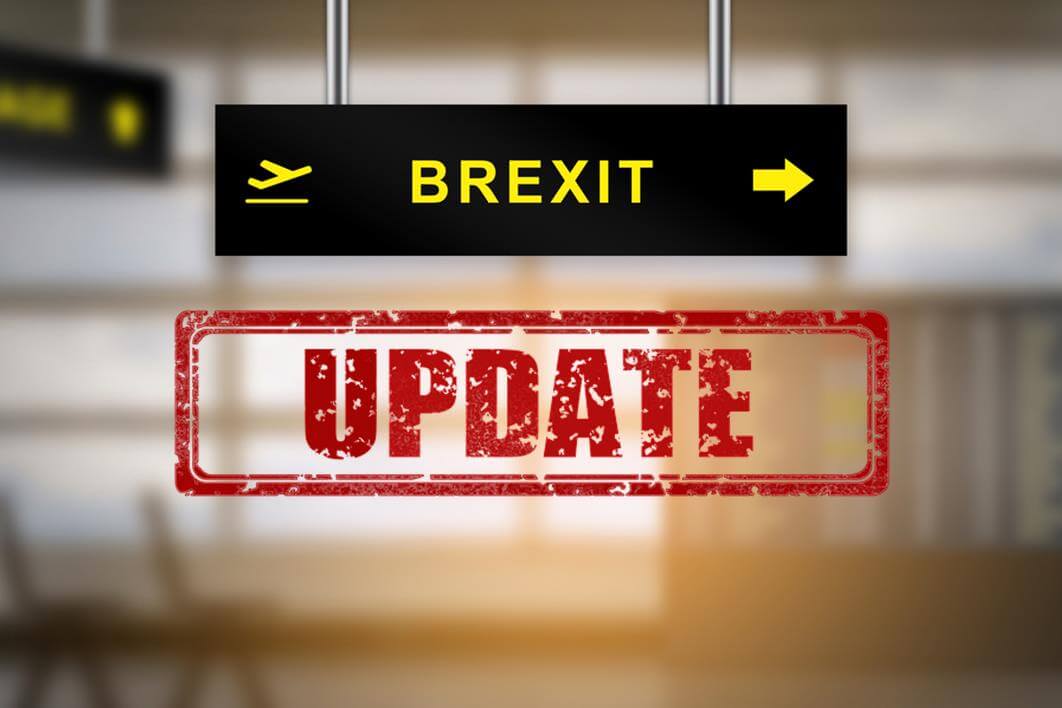In December, after months of negotiation, the UK government reached an agreement in principle with the EU across three areas including on the rights of EU citizens living in the UK. The Home Office together with the Department of Exiting the EU have published guidance accordingly. This guidance is not yet law and remains subject to change as negotiations continue. However, it lays the foundations of what to expect in the period leading up to Brexit taking place when the UK officially leaves the EU on 29 March 2019 and the following two years.
The main points are as follows:
• EU nationals and their family members who have been living continuously and lawfully in the UK for five years by 29 March 2019 will be entitled to apply for a settled status document which will permit them to live in the UK indefinitely.
• EU nationals and their family members who moved to the UK before 29 March 2019, but will not have resided in the UK lawfully for five years by this date, will need to apply to remain in the UK until they have accrued five years of lawful residence. Once they have done so, will be entitled to apply for a settled status document.
Applying for Settled Status
Beyond the requirement to demonstrate five years ‘lawful residence’, the requirements for settled status have not yet been confirmed. It is not clear exactly how the Home Office will define ‘lawful residence’ or what it will require to demonstrate it. However, the Home Office has stated that it intends the process to be ‘streamlined, quick and user-friendly’ and cost no more than a British Passport.
It is not currently possible to apply for settled status; the new application system is expected to be implemented later this year. EU nationals and their family members will have two years from the date that we leave the EU to submit their applications. After that time it will be mandatory to hold either settled status or a temporary residence permit.
EU nationals and their family members already in possession of a permanent residence card will be required to apply to have this exchanged for a settled status document. The guidance makes clear that this will be straightforward and free of charge.
Nationals of Norway, Iceland, Lichtenstein, Switzerland and Ireland
The above arrangements do not apply to Norwegian, Icelandic, Lichtenstein and Swiss nationals living in the UK but the government says that it expects that these arrangements will be extended to them.
Irish nationals are treated differently, as their rights are enshrined in the Ireland Act of 1949 which predates the UK joining the EU and will continue after the UK exits the EU. The Act means that Irish nationals are treated as settled in the UK. As such, Irish nationals will not be required to apply for settled status.
EU citizens who arrive in the UK after 29 March 2019
Very little information is available for EU nationals who arrive in the UK after the exit date. The guidance says a “registration system” will be implemented; however, these requirements are still subject to negotiations. The Home Office has stated that after the exit date, “close” family members (such as spouses, civil and unmarried partners, dependent children and grandchildren, and dependent parents and grandparents) will be able to join their EU family members in the UK providing that the relationship existed on or before 29 March 2019. The government has also stated its intention to institute a period during which new EU migrants will be able to enter the UK without being subject to immigration control and be able to live, work and study in the UK but this would be subject to making a registration application.
Steps you can take to secure your status
If you are an EU national (including from Norway, Iceland, Lichtenstein, Switzerland) or family member who has been living in the UK for 5 years or more you can apply for a document to evidence that you have acquired permanent residence. This will confirm when you acquired permanent residence and will enable you to naturalise as a British citizen, should you wish. As a British national you will not be subject to the above arrangements and can be certain that Brexit will not impact your ability to continue living in the UK.
You can read the full guidance that was published on 8 December 2017 via the following link:
https://www.gov.uk/guidance/status-of-eu-nationals-in-the-uk-what-you-need-to-know#agreement-on-rights-for-eu-citizens-and-their-families
As the negotiations are ongoing, we will continue to update our website as more detail emerges. Alternatively, you can subscribe to our E-zines by completing the following form and requesting information on immigration:
https://www.teacherstern.com/e-zine-subscription/
If you have any questions, would like to discuss this article, or are seeking legal advice please contact Danielle Ramdel or Amy Bennett in our Immigration Team.
Danielle heads our Immigration practice, she advises on all areas of immigration and British nationality law. Amy has recently joined Teacher Stern from specialist immigration firm Wesley Gryk Solicitors LLP. She has particular expertise in applications made under the EU Regulations for EU nationals and their family members.






